-
 Thanh toán đa dạng, linh hoạtChuyển khoản ngân hàng, thanh toán tại nhà...
Thanh toán đa dạng, linh hoạtChuyển khoản ngân hàng, thanh toán tại nhà... -
 Miễn Phí vận chuyển 53 tỉnh thànhMiễn phí vận chuyển đối với đơn hàng trên 1 triệu
Miễn Phí vận chuyển 53 tỉnh thànhMiễn phí vận chuyển đối với đơn hàng trên 1 triệu -
 Yên Tâm mua sắmHoàn tiền trong vòng 7 ngày...
Yên Tâm mua sắmHoàn tiền trong vòng 7 ngày...
What to Feed Your Baby and Toddler: A Month-by-Month Guide to Support Your Child's Health and Development
-

- Mã sản phẩm: 0399580239
- (37 nhận xét)

- Publisher:Ten Speed Press (May 8, 2018)
- Language:English
- Paperback:224 pages
- ISBN-10:0399580239
- ISBN-13:978-0399580239
- Item Weight:11.2 ounces
- Dimensions:6.15 x 0.6 x 9.2 inches
- Best Sellers Rank:#418,132 in Books (See Top 100 in Books) #105 in Baby Food Cooking #942 in Baby & Toddler Parenting #2,854 in Other Diet Books
- Customer Reviews:3.8 out of 5 stars 37Reviews
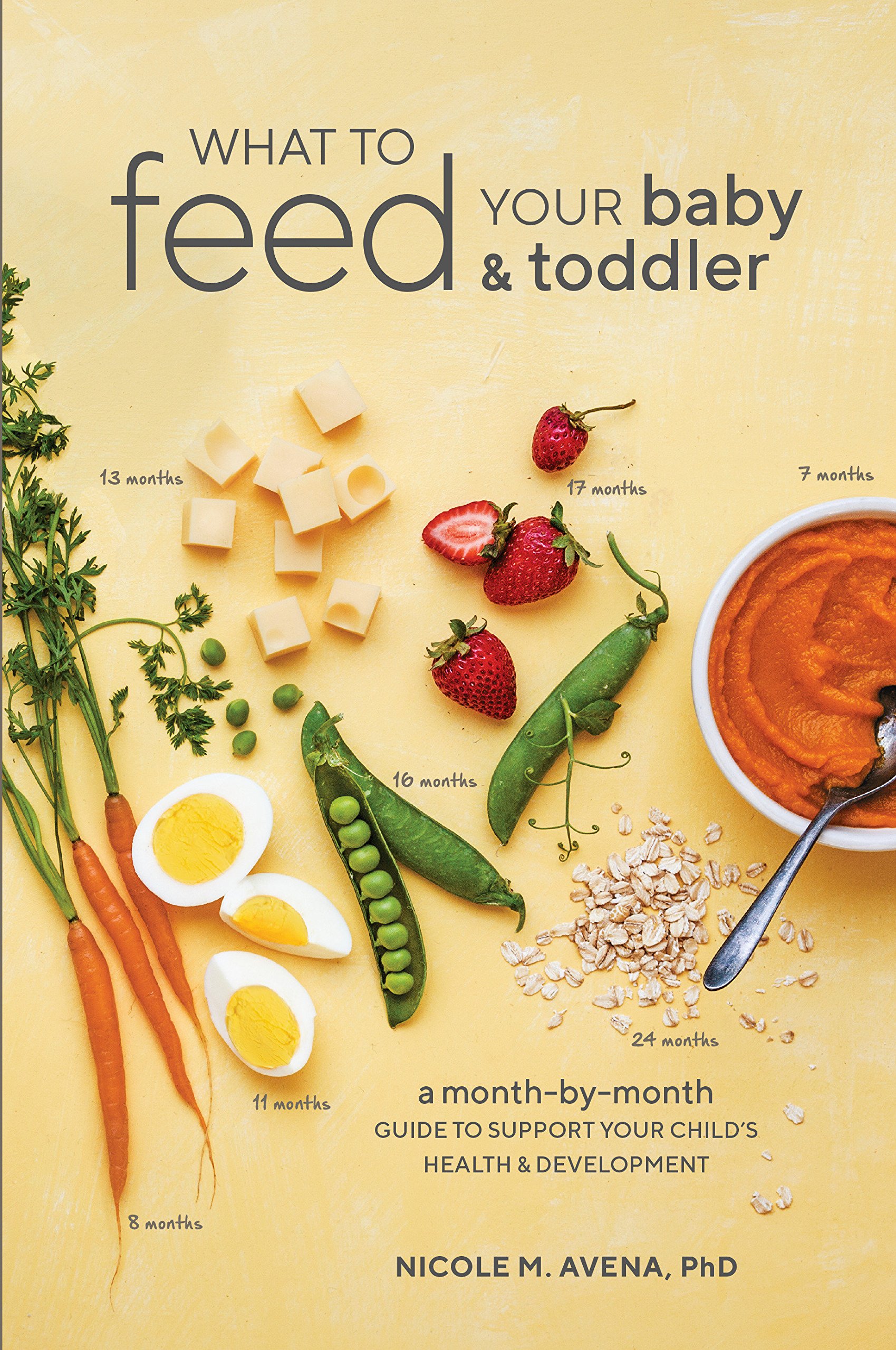
Mô tả sản phẩm
Product Description
An easy-to-follow manual for feeding babies exactly what they need to hit physical and intellectual milestones from 6 to 24 months, with 60 simple and delicious recipes. The month-by-month format offers a clear understanding of what foods to incorporate and avoid in a baby's diet.
World-renowned research neuroscientist, nutrition expert, and author of What to Eat When You're Pregnant Dr. Nicole M. Avena presents an essential guide for new parents on feeding babies during their critical first two years. Answering common questions about picky eaters, food allergies, diversifying baby's appetite, eating out or on the go, feeding baby at daycare or when with another caregiver, and food safety, this comprehensive guide offers easy monthly meal plans and baby-friendly, nutrient-rich recipes designed to support your baby's developmental milestones.
Review
“This smart and easy guide for new parents on how to navigate through feeding a new baby and toddler is a great resource for getting your child off to a healthy start in life.”
--Mark Hyman, MD, director of the Cleveland Clinic Center for Functional Medicine and #1 New York Times best-selling author of Food: What the Heck Should I Eat?
"Specific nutritional information and straightforward, fun-to-eat recipes make this a great primer for new parents."
--Library Journal
“The field of nutritional science, like parenting, is filled with many who think they’re experts and give plenty of advice but often lack the credentials to do so. And when it comes to feeding your baby, the stakes are high. This is where Dr. Avena steps in: she is a true expert in the field of nutritional science with a scientist’s mind and a mother’s heart. This book is a must-read for any parent who cares about good nutrition!”
--Jennifer Ashton, MD, MA, ob-gyn, nutritionist, and chief medical correspondent for ABC News
“What a fantastic resource for new parents! If you want to give your baby the best opportunity to grow and develop, this book makes it very easy to navigate the confusing world of feeding, while giving you the confidence to know you are providing your little love with the best possible start to life.”
--Tina Muir, professional runner, mom, and founder of Running for Real
“What to Feed your Baby and Toddler is a welcome and hype-free resource for caregivers who crave a practical guide to healthy eating. Health coaches like me recognize that establishing good eating habits from an early age helps little ones develop healthy food preferences that can last a lifetime. Dr. Avena’s book also showcases wholesome recipes that can be enjoyed by the whole family—they are as delicious as they are nutritious. What to Feed your Baby and Toddler offers guidance backed by science and real-world experience, encouraging parents to approach the family table with confidence and joy.”
--Karen K. Nathan, certified health and wellness coach
“A well-written book with excellent information on nutritious, healthy, and delicious food for babies and toddlers.”
--Karin Knight, author of The Best Homemade Baby Food on the Planet
“It is never too early to start eating healthy. Dr. Avena gives the science-based advice that all new parents need on how to ensure their new baby is getting the best nutrition and developing healthy eating habits from the beginning.”
--Dr. Chris Ochner, PhD, CEO of MindFigure Consulting
“Dr. Nicole Avena is a leading expert on nutrition and neuroscience. In What to Feed Your Baby and Toddler, she takes her expertise outside of the laboratory to help you understand what nutrients your growing baby needs for optimal neurodevelopment and how to get foods packed with these nutrients into your child's diet. The recipes included will be a hit with the whole family!”
--Dr. Alexis Conason, psychologist
“Dr. Avena has done it again with What to Feed Your Baby and Toddler. As with her last book, What to Eat When You’re Pregnant, this is a supremely practical guide toward developing a child’s healthy palette that will hopefully last a lifetime. Dr. Avena’s scientific background and engaging tone makes this a joy to read!”
--Alexandra Destler, EdM, founder and executive director of SafetyNEST
“In the ever-changing landscape of trends, myths, and ideas in infant nutrition, Dr. Avena provides solid, scientifically-based information and advice to parents. This book doesn’t stop there--it moves one step further by providing simple and delicious recipes based on current knowledge of what is best, and not best, for infants and toddlers.”
--Dr. Alycia Halladay, chief science officer at the Autism Science Foundation
“Mounting evidence supports the crucial role that early nutrition plays in a baby’s growth and development. Dr. Avena’s newest book, What to Feed Your Baby and Toddler, not only provides parents with a comprehensive guide about which foods to feed their new baby and why, but also features delicious and easy-to-prepare recipes that any baby or toddler is sure to love. In addition, this book dives into the importance of a healthy food environment, how to handle potentially stressful eating situations, and what to do if your child is a picky eater. This all-inclusive book should be read by any new parent who wants to optimize their baby’s health and instill good eating habits from the beginning!”
--Kristen Criscitelli, MS, RD, CDN
“Thank goodness for this book. Dr. Avena cuts through the confusion and delusion of media to present solid, groundbreaking advice about how to feed babies and toddlers in their first two years of growth. Dr. Avena is a first-class scientist in the field of harmful processed foods. Her skill at evaluating research and bridging it to practical and beneficial use is readily apparent in the structure of the advice. I would strongly recommend this book to parents.
--Joan Ifland, PhD, editor of Processed Food Addiction: Foundations, Assessment, and Recovery
“Dr. Nicole Avena has done it again! A timely and innovative book every parent must read, What to Feed Your Baby and Toddler brings together current scientific and medical information gleaned from credible medical societies and research in combination with sensible parenting recommendations for feeding a baby/toddler today. Addressing the bottle/breast debate, over/under feeding, transitioning to solids, GMOs, feeding and behavioral disorders, and developmental milestones in babies’ lives, this book provides a vital link to how food impacts long-term health and food preference, always keeping safety in mind. Useful charts on vitamin function, where to find them naturally in foods, and baby/toddler-friendly recipes are cleverly laid out in easy-to-read charts even the most sleep deprived parent can follow.”
--Adrienne Stevens, EdD, founder/president of Performing Health
“Getting children to enjoy healthy foods can be a challenge, but Dr. Avena’s science-based strategies help parents understand why kids need good nutrition and how to encourage them to like healthy foods from the very start." --Anna Chapman, MD, co-founder of Green Beetz
Praise for What to Eat When You're Pregnant:
"In this smart and easy-to-follow guide, Dr. Nicole M. Avena tells moms-to-be how to give their babies a healthy start by eating foods that support baby's development and keep mom feeling nourished and satisfied." --Mark Hyman, MD, author of the #1 New York Times best-seller The Blood Sugar Solution and director of the Cleveland Clinic Center for Functional Medicine
About the Author
NICOLE M. AVENA, PhD, is the mother of two daughters; a research neuroscientist at Mount Sinai School of Medicine in New York City; an expert in the fields of nutrition, diet, and addiction; and the author of What to Eat When You're Pregnant and coauthor of Why Diets Fail. She received a PhD in neuroscience and psychology from Princeton University, followed by a postdoctoral fellowship in molecular biology at The Rockefeller University in New York City. Her research has been featured in Shape, Men's Health, Glamour, Details, Women's Health, Prevention, National Geographic, Time Magazine for Kids, and many others and she regularly appears on television, including The Dr. Oz Show, The Doctors, the Hallmark Channel, and Good Day NY. She makes public speaking appearances throughout the US, Europe, and Asia. Dr. Avena has written extensively on topics related to food, addiction, obesity, and eating disorders, and she writes the Food Junkie blog for Psychology Today and also blogs for Huffington Post.
Excerpt. © Reprinted by permission. All rights reserved.
Why the Right Food Matters
The Importance of Diet for Babies
Think back to all that you did to prepare for your baby during pregnancy. You probably bought cute new clothes to keep baby stylish and warm, and washed them in special laundry detergent to make sure they wouldn’t irritate that new baby skin. You probably decorated a nursery and bought toys to stimulate baby’s little growing brain. You also likely bought a car seat (and maybe even a family-size car—hello, minivan!), high chair, and other equipment t make sure baby is always safe and secure. I remember spending hours reading reviews and safety information on products to ensure that my babies were going to be safe and that I was making the best decisions about which items to use for them. When your baby was first born, you probably made sure everyone washed their hands before touching your infant, and you told people who were sick to stay far, far away. You sterilized bottles and pacifiers. You breastfed baby or diligently prepared formula bottles. You did all of this, and much more, to keep baby safe and healthy.
As parents, we have gladly taken, and will continue to take, all precautions to ensure that our child is safe and healthy. But what if I told you that most of us don’t really give much thought to one of the most important things that we can do to keep baby healthy now and throughout their life—providing nutritious food?
When It’s Time for Baby to Start Eating Solid Foods, What Should You Provide?
This might seem like a silly question to ponder. You feed babies baby food, right? It’s fuel—calories they need to grow bigger. Well, science has revealed that it isn’t quite that simple. First, we all know that our food landscape has changed dramatically over the past 100 years. We have become a society with foods that are genetically modified, doused with fertilizers and insecticides, and highly processed. These changes in our food environment have been blamed for causing not only some cancers and obesity, but also other childhood disorders, including attention-deficit/hyperactivity disorder (ADHD) and even autism (more on these topics in chapter 8).
Also, we have learned so much in recent years about how what we eat, especially at certain developmental periods in life, can not only influence behavior but also lead to lasting changes to the brain and body. New research exploring how food intake during early stages of life may impact a child’s health and development has helped us to more seriously consider what we feed our babies in order to promote optimal health now and for the rest of their lives.
You Are What You Eat
Most of the recent headline-grabbing research on early-life nutrition has focused on obesity. In the past 30 years, childhood obesity in the United States has more than doubled in children and quadrupled in adolescents. The percentage of U.S. children aged 6 to 11 years who are obese increased from 7 percent in 1980 to nearly 18 percent in 2012. In 2012, more than one third of children and adolescents were overweight or obese. While lack of exercise has been implicated as one contributing factor in this outcome, the bigger culprit is diet. Studies show that, on average, kids (like adults) eat more processed foods than unprocessed foods, and processed foods are high in added fats and sugars. This lifestyle can lead to habits that are hard to break and food preferences that become engrained into adulthood.
Obesity later on is certainly a concern when thinking about what foods to offer your baby, but there are many other reasons why what babies eat is important for their health. Every week there seems to be breaking news about some food additive or ingredient that has been linked to the development of food poisoning, food allergies, diabetes, metabolic syndrome, and so on. Parents wonder, Is this real or just media hype? Will my kid get cancer from the nitrates in the hot dog I fed him? Was there BPA in that can of soup I heated up for my toddler for lunch? Will my child be addicted to sugar because I bribed him with M&M’s to sit on the potty? These are just a handful of the anxiety-provoking questions that parents have about food—and that’s not even considering the general challenge of just getting a baby to eat. This confusion in the media and lack of science-based advice was a major motivation for me to write this book. With mounting evidence of the need for good nutrition early in life, and with the questions and angst that can come with feeding an infant or toddler, it is essential that parents have a realistic, accessible, and hype-free resource to explain the new scientific findings in this area.
***
- Mua astaxanthin uống có tốt không? Mua ở đâu? 29/10/2018
- Saffron (nhụy hoa nghệ tây) uống như thế nào cho hợp lý? 29/09/2018
- Saffron (nghệ tây) làm đẹp như thế nào? 28/09/2018
- Giải đáp những thắc mắc về viên uống sinh lý Fuji Sumo 14/09/2018
- Công dụng tuyệt vời từ tinh chất tỏi với sức khỏe 12/09/2018
- Mua collagen 82X chính hãng ở đâu? 26/07/2018
- NueGlow mua ở đâu giá chính hãng bao nhiêu? 04/07/2018
- Fucoidan Chính hãng Nhật Bản giá bao nhiêu? 18/05/2018
- Top 5 loại thuốc trị sẹo tốt nhất, hiệu quả với cả sẹo lâu năm 20/03/2018
- Footer chi tiết bài viết 09/03/2018
- Mã vạch không thể phân biệt hàng chính hãng hay hàng giả 10/05/2023
- Thuốc trắng da Ivory Caps chính hãng giá bao nhiêu? Mua ở đâu? 08/12/2022
- Nên thoa kem trắng da body vào lúc nào để đạt hiệu quả cao? 07/12/2022
- Tiêm trắng da toàn thân giá bao nhiêu? Có an toàn không? 06/12/2022
- Top 3 kem dưỡng trắng da được ưa chuộng nhất hiện nay 05/12/2022
- Uống vitamin C có trắng da không? Nên uống như thế nào? 03/12/2022
- [email protected]
- Hotline: 0909977247
- Hotline: 0908897041
- 8h - 17h Từ Thứ 2 - Thứ 7
Đăng ký nhận thông tin qua email để nhận được hàng triệu ưu đãi từ Muathuoctot.com
Tạp chí sức khỏe làm đẹp, Kem chống nắng nào tốt nhất hiện nay Thuoc giam can an toan hiện nay, thuoc collagen, thuoc Dong trung ha thao , thuoc giam can LIC, thuoc shark cartilage thuoc collagen youtheory dau ca omega 3 tot nhat, dong trung ha thao aloha cua my, kem tri seo hieu qua, C ollagen shiseido enriched, và collagen shiseido dạng viên , Collagen de happy ngăn chặn quá trình lão hóa, mua hang tren thuoc virility pills vp-rx tri roi loan cuong duong, vitamin e 400, dieu tri bang thuoc fucoidan, kem chống nhăn vùng mắt, dịch vụ giao hang nhanh nội thành, crest 3d white, fine pure collagen, nên mua collagen shiseido ở đâu, làm sáng mắt, dịch vụ cho thue kho lẻ tại tphcm, thực phẩm tăng cường sinh lý nam, thuoc prenatal bổ sung dinh dưỡng, kem đánh răng crest 3d white, hỗ trợ điều trị tim mạch, thuốc trắng da hiệu quả giúp phục hồi da. thuốc mọc tóc biotin














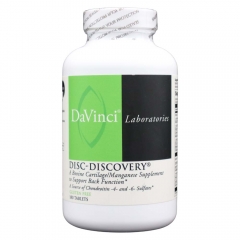

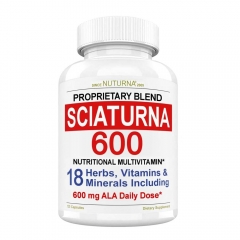
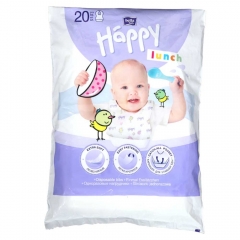
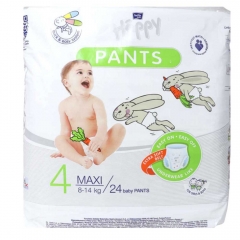
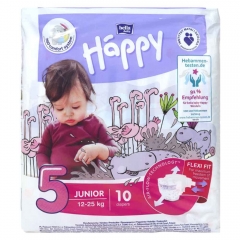



 KHUYẾN MÃI LỚN
KHUYẾN MÃI LỚN Hỗ Trợ Xương Khớp
Hỗ Trợ Xương Khớp Bổ Não & Tăng cường Trí Nhớ
Bổ Não & Tăng cường Trí Nhớ Bổ Sung Collagen & Làm Đẹp
Bổ Sung Collagen & Làm Đẹp Bổ Thận, Mát Gan & Giải Độc
Bổ Thận, Mát Gan & Giải Độc Chăm Sóc Sức khỏe Nam Giới
Chăm Sóc Sức khỏe Nam Giới Chăm Sóc Sức khỏe Nữ Giới
Chăm Sóc Sức khỏe Nữ Giới Chăm sóc Sức khỏe Trẻ Em
Chăm sóc Sức khỏe Trẻ Em Thực Phẩm Giảm Cân, Ăn Kiêng
Thực Phẩm Giảm Cân, Ăn Kiêng Bổ Sung Vitamin & Khoáng Chất
Bổ Sung Vitamin & Khoáng Chất Bổ Tim Mạch, Huyết Áp & Mỡ Máu
Bổ Tim Mạch, Huyết Áp & Mỡ Máu Bổ Mắt & Tăng cường Thị lực
Bổ Mắt & Tăng cường Thị lực Điều Trị Tai Mũi Họng
Điều Trị Tai Mũi Họng Sức Khỏe Hệ Tiêu hóa
Sức Khỏe Hệ Tiêu hóa Chăm Sóc Răng Miệng
Chăm Sóc Răng Miệng Chống Oxy Hóa & Tảo Biển.
Chống Oxy Hóa & Tảo Biển.